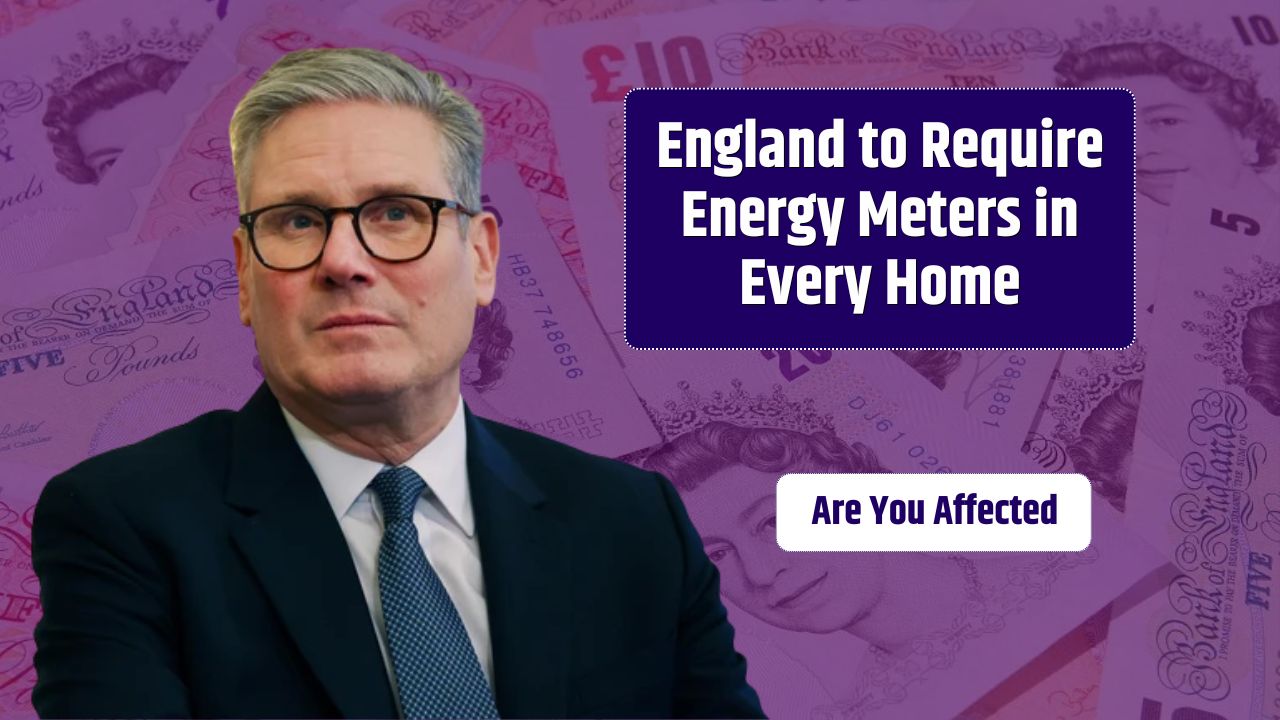Millions of households across England and Wales could soon be required to install mandatory water meters, as part of sweeping reforms proposed by the Independent Water Commission. The new recommendations aim to address years of mismanagement and inefficiency across the water sector, which has faced growing criticism over pollution, underinvestment, and soaring bills.
Led by Sir Jon Cunliffe, former central banker and senior civil servant, the Commission’s report outlines 88 recommendations for a “fundamental reset” of the UK’s water system — calling for nothing short of a complete overhaul in how water is managed, regulated, and consumed.
Table of Contents
Why the Water Sector Needs a Reset
The UK’s water industry has been under fire for rising consumer costs, sewage spills, poor maintenance of infrastructure, and weak environmental oversight. According to Cunliffe, the existing system suffers from fragmented regulation, a lack of clear national priorities, and short-term thinking:
“This sector requires fundamental reform on all sides – how we manage the demands on water, how the system is regulated, how companies are governed and how we manage the critical infrastructure on which we all rely,” said Sir Jon.
Key Recommendations from the Commission
1. Mandatory Water Metering
Water meters would become compulsory in all homes across England and Wales. This move is intended to:
- Encourage more responsible water usage,
- Detect leaks earlier,
- Enable fairer billing based on actual consumption.
2. Creation of a Single Integrated Regulator
The Commission calls for the replacement of existing watchdogs with one central authority to streamline oversight and improve enforcement.
3. A Social Tariff for Vulnerable Households
To protect low-income or vulnerable consumers, the report proposes a single national social tariff to ensure affordability of essential water services.
4. Environmental Improvements
Recommendations include:
- Stronger pollution controls,
- Greater incentives for rainwater harvesting and greywater reuse,
- Modernisation of the legal framework governing water.
5. New National Infrastructure Standards
New resilience benchmarks would guide the maintenance of underground pipes, treatment facilities, and other assets — many of which are decades old and in disrepair.
6. Greater Transparency in Operations
Water companies would face new rules to:
- Improve self-monitoring,
- Increase reporting accuracy,
- Allow better public scrutiny.
What It Means for Households
| Proposed Change | Impact on Households |
|---|---|
| Mandatory water meters | All homes may need a meter installed, possibly at own cost |
| Social tariff | Discounts for qualifying low-income households |
| Higher environmental standards | Likely to raise water bills in the short term |
| Central regulator | May lead to improved service and accountability |
| Infrastructure upgrades | Less leakage, fewer service interruptions in the long term |
The Bigger Picture
Water metering has long been debated in the UK. Supporters argue it leads to more conscious usage and fairer bills, especially for smaller households. Critics, however, warn that metering could disproportionately affect larger families and tenants, and question the cost of retrofitting millions of homes.
But the Commission makes it clear: without urgent, system-wide reform, the sector will continue to struggle — putting water security, affordability, and environmental health at risk.
“A clear set of national priorities for water is essential,” the report states. “Without it, we will continue to be dogged by inconsistency, short-termism, and unintended consequences.”
FAQs
Will I have to pay for the water meter installation?
Details have not been finalized, but previous government schemes have sometimes included subsidies or phased rollouts.
When would water meters become mandatory?
No specific timeline has been set, but implementation could begin within the next few years following regulatory changes.
Will this make my water bill go up or down?
That depends on your usage. Households that consume less than average may pay less; higher-use households could pay more.

























